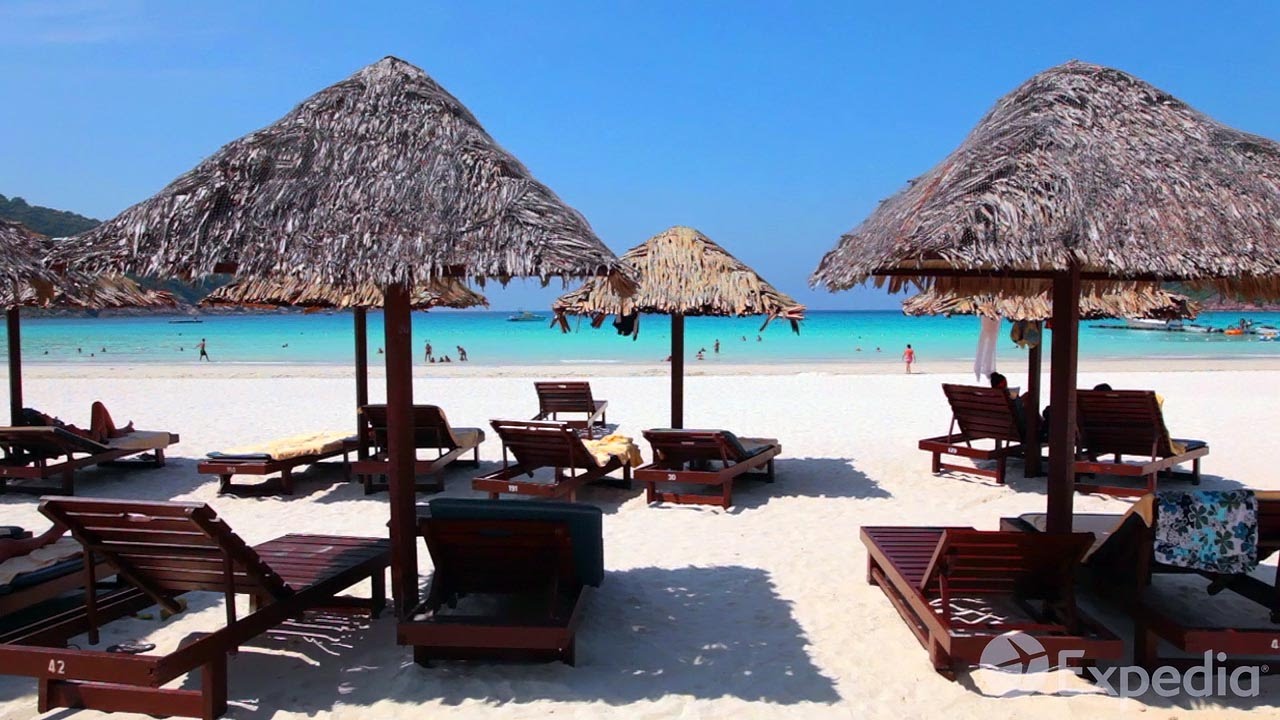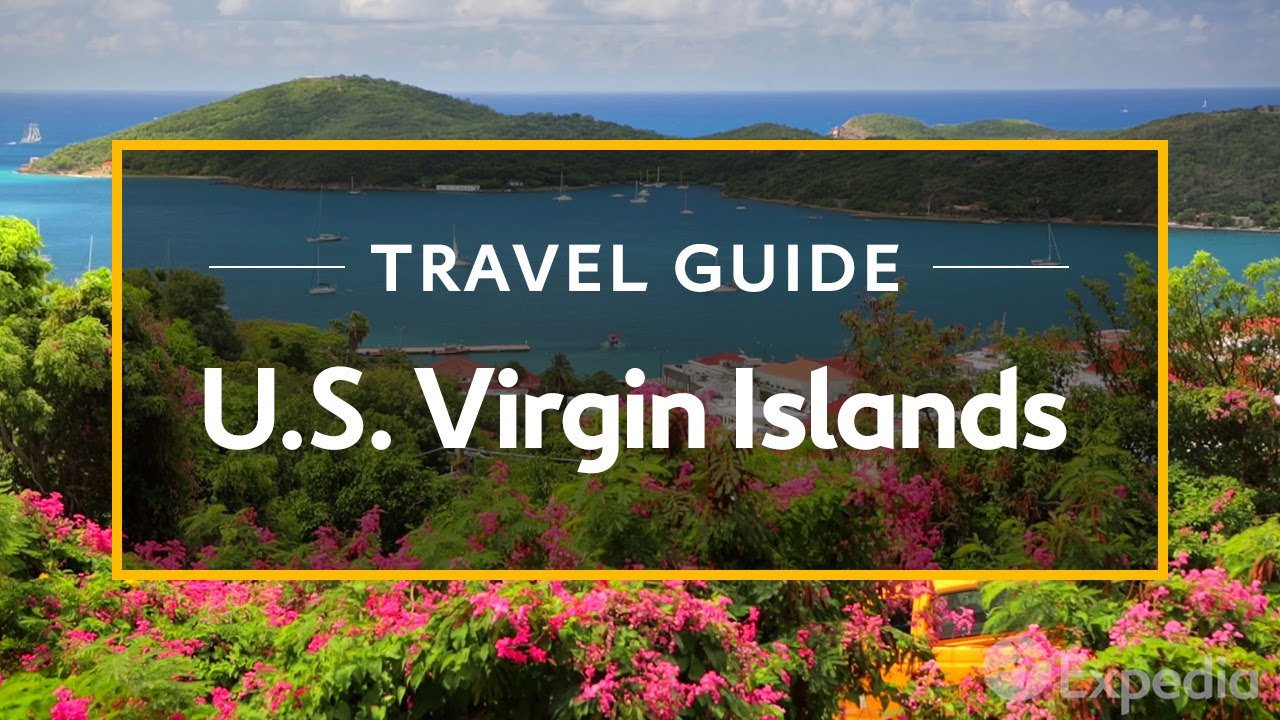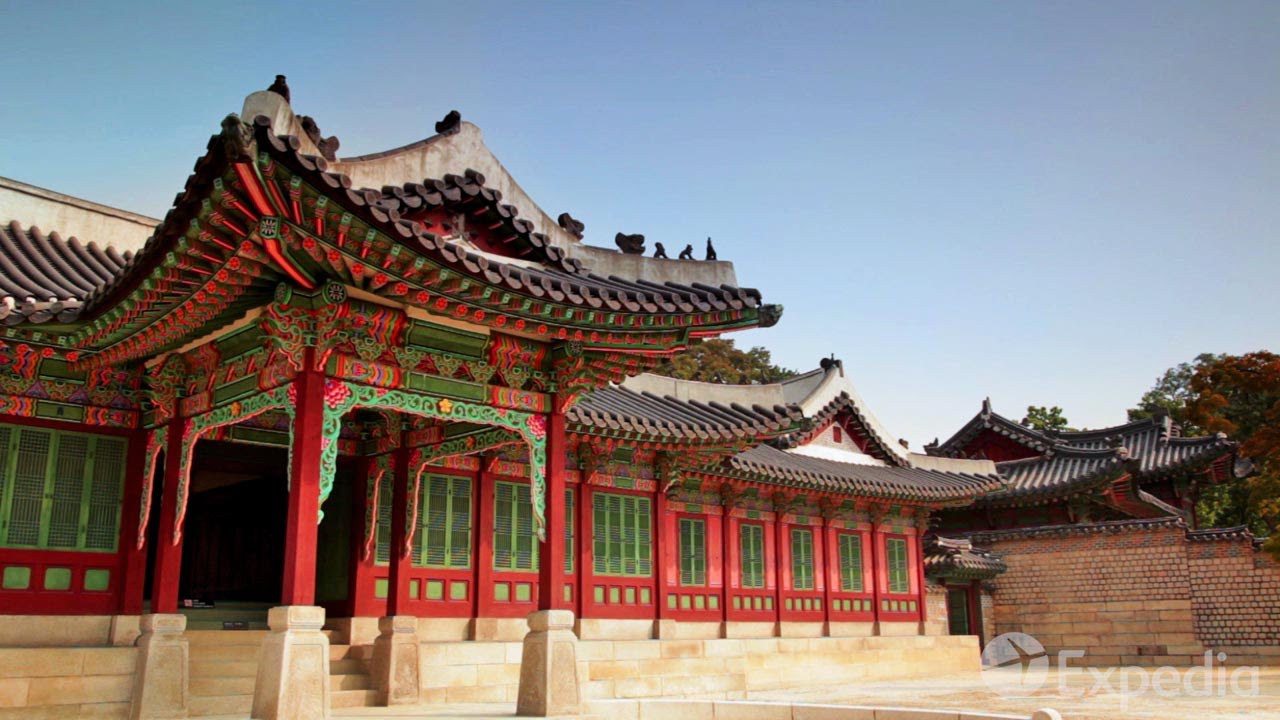Discover the ultimate cost comparison between Vietnam and Thailand for expat life in this detailed, data-driven guide!
When comparing the cost of living for expats, Vietnam generally emerges as the cheaper option than Thailand, especially in major categories like rent and daily necessities.1
Thailand, due to its more developed tourism and infrastructure (especially in places like Bangkok and Phuket), tends to have a higher overall cost of living. However, the cost difference narrows if an expat seeks Western-style luxury in Vietnam.
Here is a detailed comparison for expats:
| Expense Category | Vietnam (Hanoi/Ho Chi Minh City) | Thailand (Bangkok/Chiang Mai) | Cost Winner |
| Overall Cost of Living | $1,000 – $1,500 USD/month (for a comfortable single expat) | $1,200 – $1,800 USD/month (for a comfortable single expat) | Vietnam |
| Rent (1-Bed City Center) | $300 – $500 USD/month (Can be found for less outside the center) | $400 – $600 USD/month (Can be double the price in prime Bangkok areas) | Vietnam |
| Street Food Meal | $1 – $4 USD | $2 – $5 USD | Vietnam |
| Local Restaurant Meal | $3 – $8 USD | $5 – $10 USD | Vietnam |
| Groceries | Slightly cheaper for fresh produce; imported goods can be more expensive. | Slightly more expensive overall, but imported/Western goods are often more widely available. | Vietnam (local market) |
| Utilities (Monthly) | Water is slightly cheaper; Electricity/AC costs are comparable ($30-$50). | Comparable to Vietnam. | Tie |
| Local Transportation | Taxis and ride-sharing (motorbikes) are generally slightly cheaper. | Slightly more expensive, but Bangkok has a world-class, though more expensive, BTS Skytrain/MRT system. | Vietnam |
| High-End/Luxury | Prices for high-end international apartments or imported luxury goods can be surprisingly high due to scarcity. | More developed market with greater availability of high-quality international cuisine, products, and luxury rentals, which can be expensive but offer more choice. | Thailand (better quality/selection for the price) |
Key Takeaways for Expats
- Rent is the biggest differentiator: Accommodation is the primary reason Vietnam is cheaper. A comparable apartment in Ho Chi Minh City or Hanoi is generally significantly less expensive than in Bangkok.
- Thailand for Higher Comfort/Infrastructure: While Thailand is pricier, it is generally considered to be 10-15 years ahead of Vietnam in terms of developed infrastructure, world-class healthcare, and a more robust international community/selection of Western amenities.
- Vietnam for Deep Budget: If you are a single person living like a local (eating street food, using a motorbike, and living in a modest apartment), you can stretch your money significantly further in Vietnam.2
- Major City Comparison: Ho Chi Minh City/Hanoi are cheaper than Bangkok. Similarly, second-tier cities like Da Nang (Vietnam) are often slightly cheaper than Chiang Mai (Thailand), though both offer an excellent, low-cost lifestyle.
Final Verdict:
- Choose Vietnam if your priority is maximizing savings and living a more authentic, lower-cost lifestyle.
- Choose Thailand if your priority is a higher standard of living, better infrastructure, and a wider variety of Western comforts and international community.









